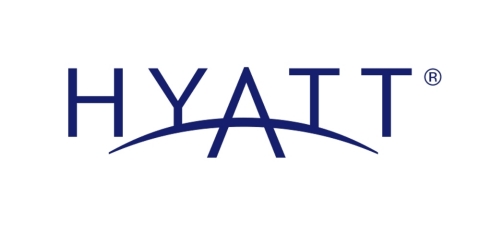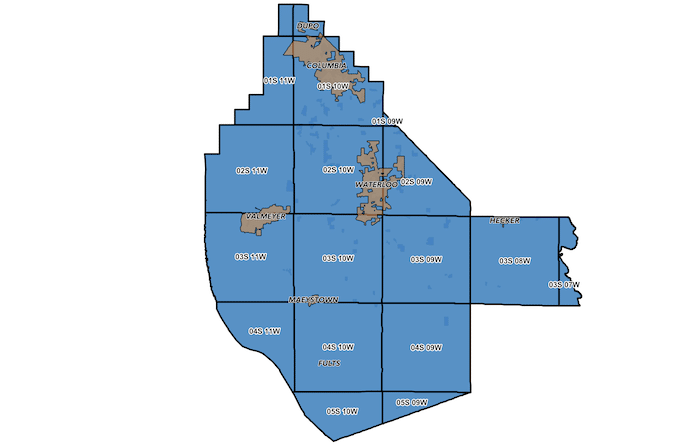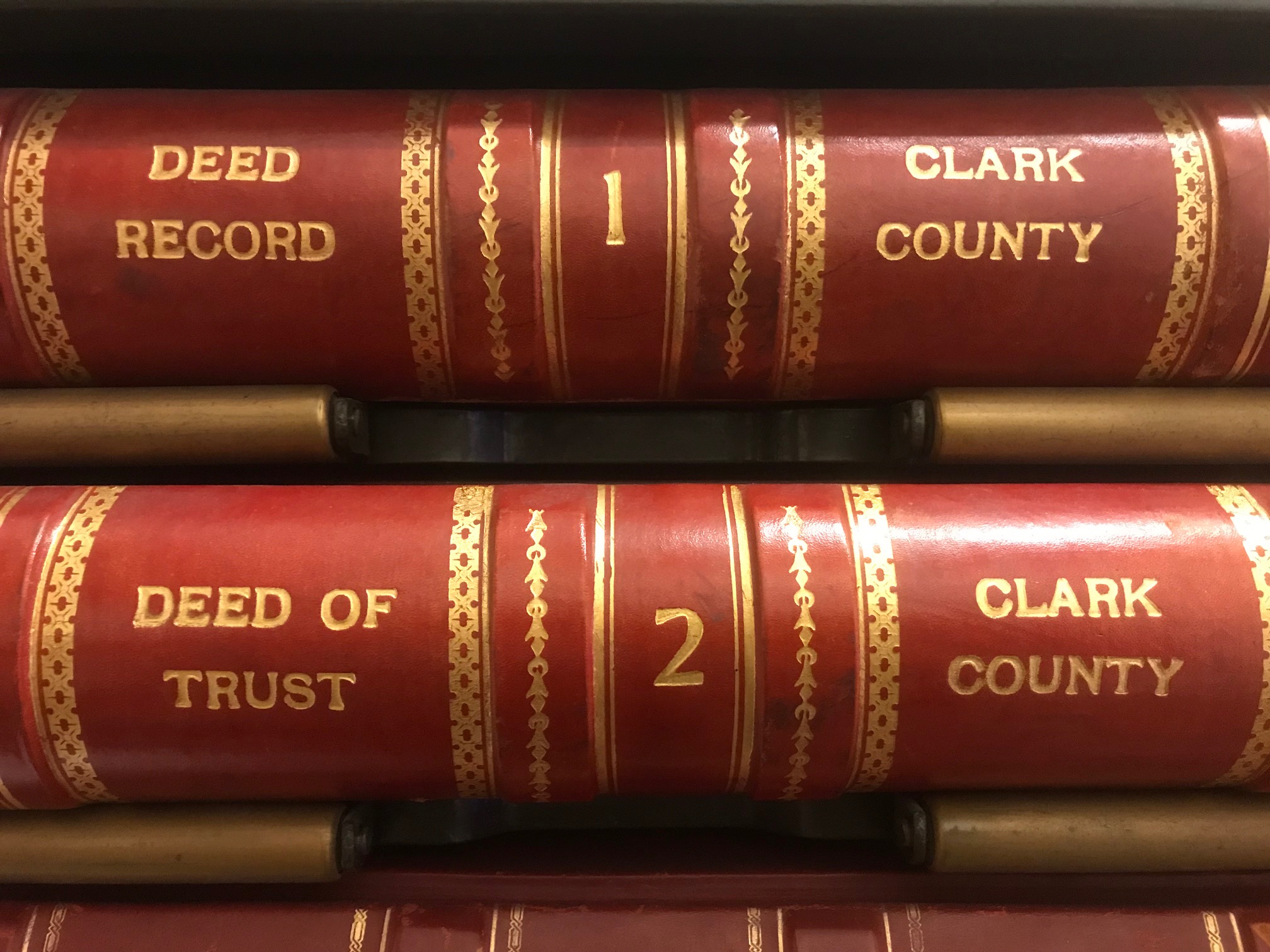H
ere is the rewritten text, retaining essential information and main ideas, but reducing the original length by 20%:
When you buy through our links, we may earn a commission.
Our complete guide to sending and receiving real estate referrals will help you earn more money this year. We'll cover everything from how referral fees work to developing a successful referral network.
Real estate agent-to-agent referrals are often overlooked in lead generation training courses, but they're one of the best ways for new agents to close deals and earn more money. Experienced and busy agents can also benefit from referrals as a way to get paid without doing much work.
According to NAR, 5% of sellers and 4% of buyers found their agent through another agent's referral. That translates to 160,000 to 200,000 transactions out of the 4 million homes sold last year.
What is a real estate referral?
A referral occurs when one licensed agent or broker passes along a prospective buyer or seller to another licensed agent to handle a transaction. The receiving agent becomes the primary point of contact and representative, and the referring agent receives a referral fee if a transaction closes.
Benefits of referrals
Real estate referrals encourage cooperation among agents and brokers, generating new business for you and your network. Referrals also ensure that clients are matched with an agent or broker who has the right expertise and licensure.
What is a real estate referral fee?
A referral fee is a payment made or received as compensation when one agent refers a client to another agent. The referring agent receives a percentage of the receiving agent's commission, usually between 25% to 40%.
Who pays the referral fees and how are they paid?
In most transactions, the referring agent receives a referral fee from the receiving agent's brokerage when a deal closes. The fee is deducted from the receiving agent's commission at the brokerage level and paid to the referring agent's brokerage.
Drafting a referral agreement
Use a standard referral form provided by your brokerage or state real estate association. Include essential information such as contact details, lead information, referral fee rate, expiration date, and payment conditions.
Finding a great real estate agent in another area
Start with your personal network of agents, then ask colleagues if they know anyone in the desired area. Conduct brief phone interviews to assess their experience, work ethic, and expertise.
When to accept a referral?
Accept referrals from other agents unless you don't service the area or can't provide high-level service. Be selective and only accept referrals that align with your business goals.
Other real estate referral sources
Consider referring clients to agents who specialize in specific types of real estate, such as commercial properties or luxury condos. You can also refer difficult clients or situations to other agents, saving you time and energy.
The full picture: Real estate referral fees
Sending and receiving referrals is a great way to increase your business and income. Keep in touch with fellow agents, provide excellent customer service, and build a database of people sending you clients for years to come!












